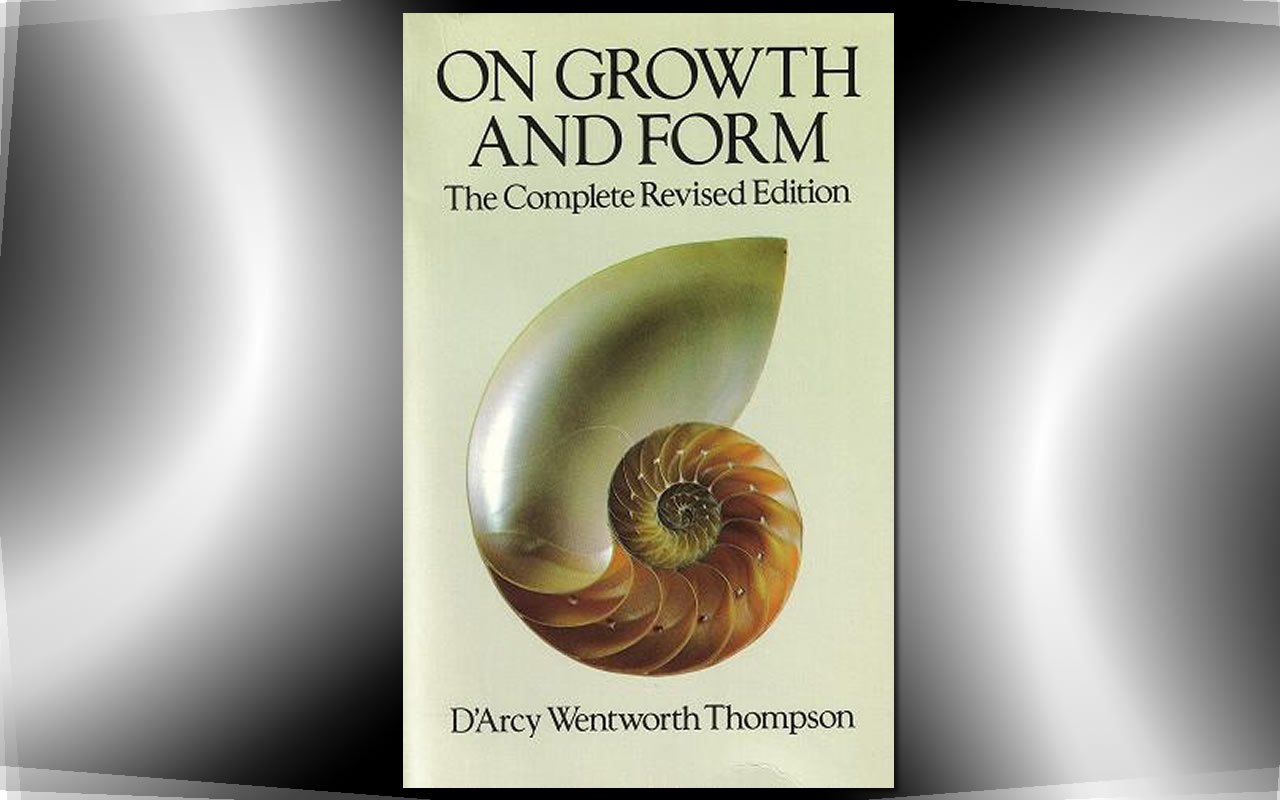I know I quote too much, but its eloquence is irresistible.
..the zoologist or morphologist has been slow, where the physiologist has long been eager, to invoke the aid of the physical or mathematical sciences; and the reasons for this difference lie deep, and are partly rooted in old tradition and partly in the diverse minds and temperaments of men. To treat the living body as a mechanism was repugnant, and seemed even ludicrous, to Pascal; and Goethe, lover of nature as he was, ruled mathematics out of place in natural history.
He (zoologist) has the help of many fascinating theories within the bounds of his own science, which, though a little lacking in precision, serve the purpose of ordering his thoughts and of suggesting new objects of enquiry.
Some lofty concepts, like space and number, involve truths remote from the category of causation; and here we must be content, as Aristotle says, if the mere facts be known. But natural history deals with ephemeral and accidental, not eternal nor universal things ; their causes and effects thrust themselves on our curiosity, and become the ultimate relations to which our contemplation extends.
It (the teleological concept of “final course”) was the old Hebrew way, and has its splendid setting in the story that God made “every plant of the field before it was in the earth, and every herb of the field before it grew.” It is a common way, and a great way; for it brings with it a glimpse of a great vision, and it lies deep as the love of nature in the hearts of men.
But the use of the teleological principle is but one way, not the whole or the only way, by which we may seek to learn how things came to be, and to take their places in the harmonious complexity of the world. To seek not for end but for antecedents is the way of the physicist, who finds “causes” in what he has learned to recognise as fundamental properties, or inseparable concomitants, or unchanging laws, of matter and of energy.
Still, all the while, like warp and woof, mechanism and teleology are interwoven together, and we must not cleave to the one nor despise the other; for their union is rooted in the very nature of totality.
Nor is it otherwise with the material forms of living things. Cell and tissue, shell and bone, leaf and flower, are so many portions of matter, and it is in obedience to the laws of physics that their particles have been moved, moulded and conformed….Their problems of form are in the first instance mathematical problems, their problems of growth are essentially physical problems, and the morphologist is, ipso facto, a student of physical science. He may learn from that comprehensive science, as the physiologists have not failed to do, the point of view from which her problems are approached, the quantitative methods by which they are attacked, and the wholesome restraints under which all her work is done. He may come to realise that there is no branch of mathematics, however abstract, which may not some day be applied to phenomena of the real world.
It behoves us always to remember that in physics it has taken great men to discover simple things. They are very great names indeed which we couple with the explanation of the path of a stone, the droop of a chain, the tints of a bubble, the shadows in a cup.
How far even then mathematics will suffice to describe, and physics to explain, the fabric of the body, no man can foresee. It may be that all the laws of energy, and all the properties of matter, and all the chemistry of all the colloids are as powerless to explain the body as they are impotent to comprehend the soul. For my part, I think it is not so. Of how it is that the soul informs the body, physical science teaches me nothing; and that living matter influences and is influenced by mind is a mystery without a clue. Consciousness is not explained to my comprehension by all the nerve-paths and neurones of the physiologist ; nor do I ask of physics how goodness shines in one man’s face, and evil betrays itself in another. But of the construction and growth and working of the body, as of all else that is of the earth earthy, physical science is, in my humble opinion, our only teacher and guide.
Physical science and philosophy stand side by side, and one upholds the other. Without something of the strength of physics philosophy would be weak; and without something of philosophy’s wealth physical science would be poor.
Force is the appropriate term for our conception of the causes by which these forms and changes of form are brought about….the form of an object is a “diagram of forces,” in this sense, at least, that from it we can judge of or deduce the forces that are acting or have acted upon it:
Morphology is not only a study of material things and of the forms of material things, but has its dynamical aspect, under which we deal with the interpretation, in terms of force, of the operations of Energy.

